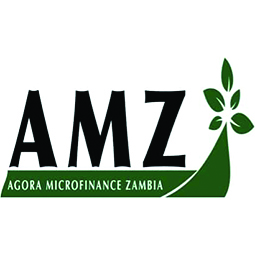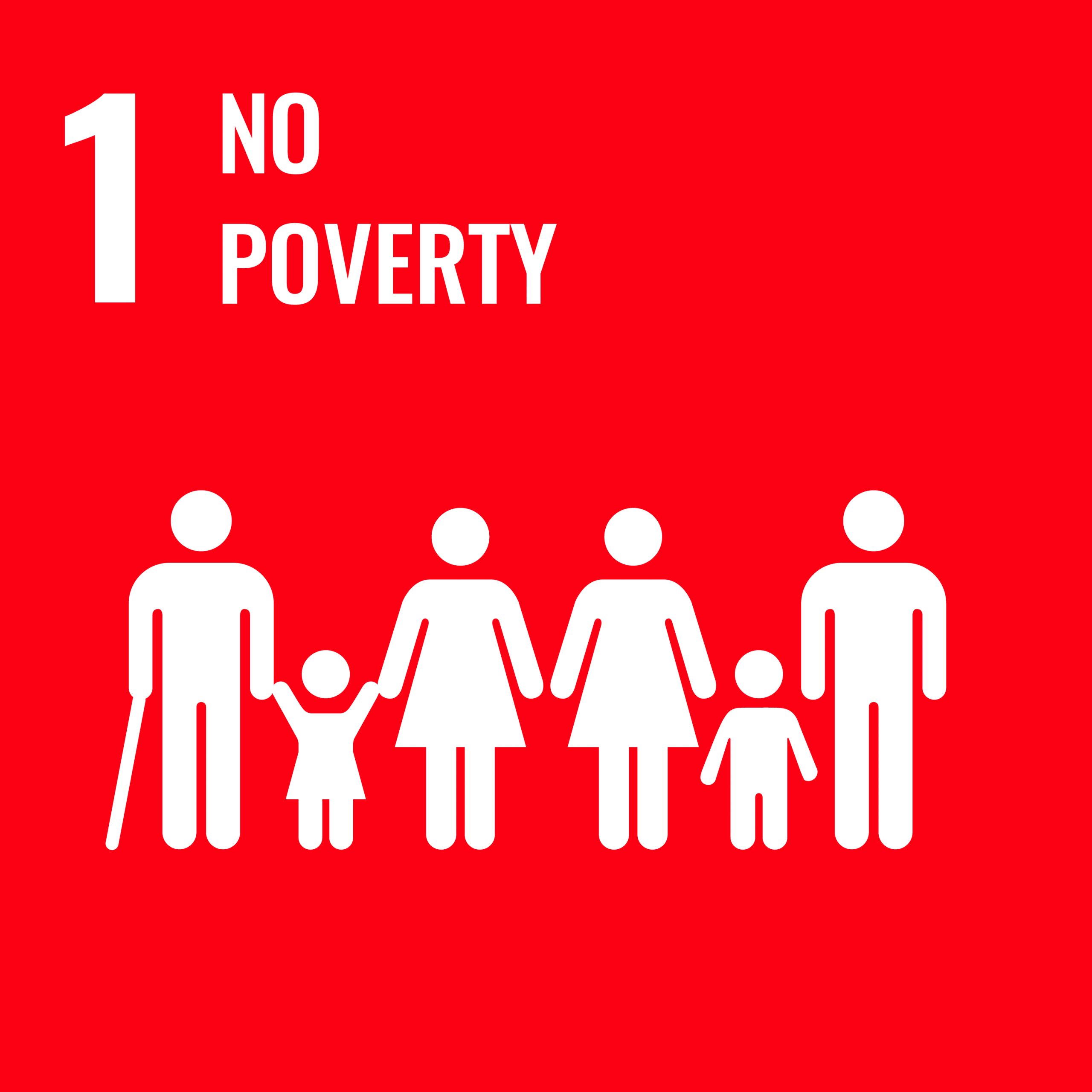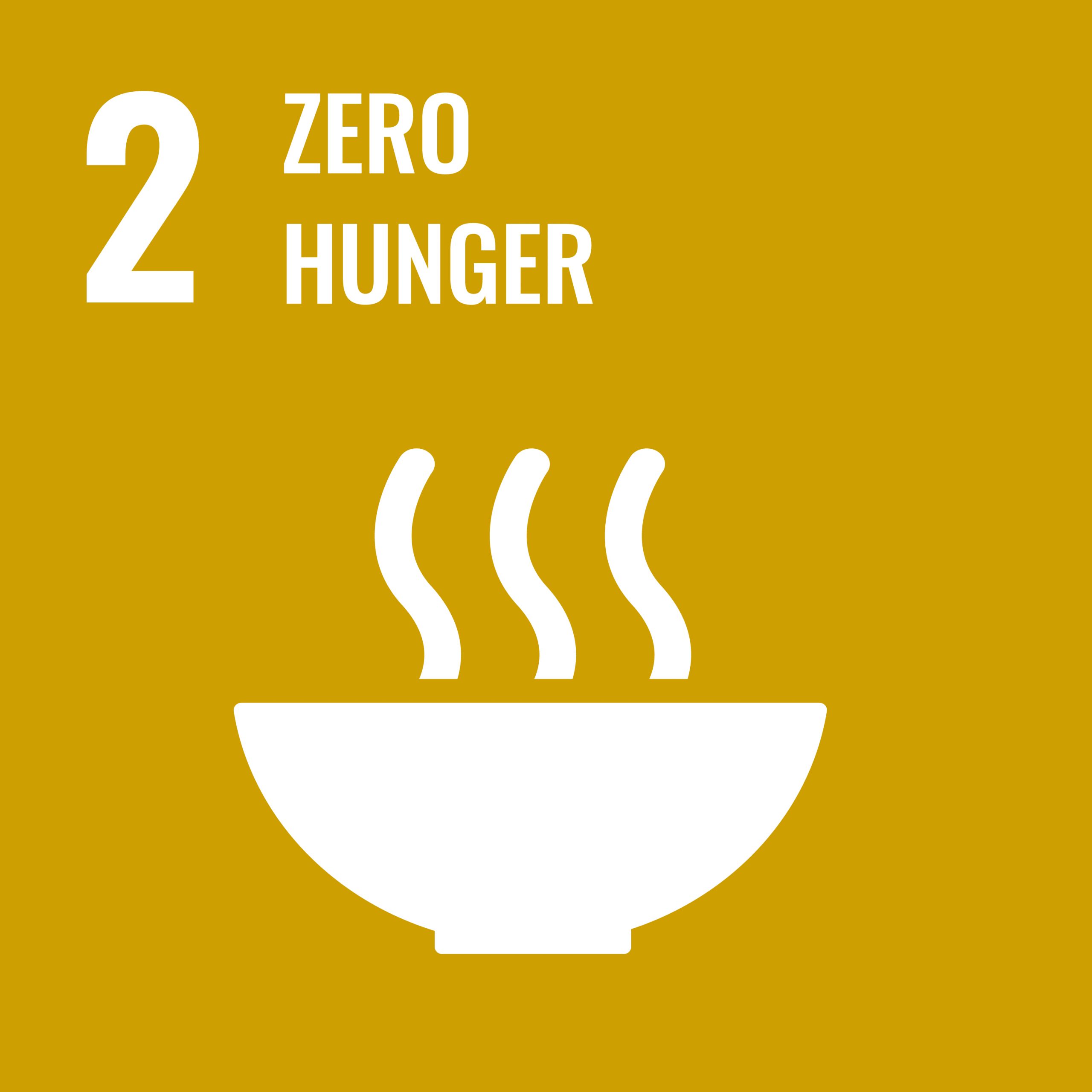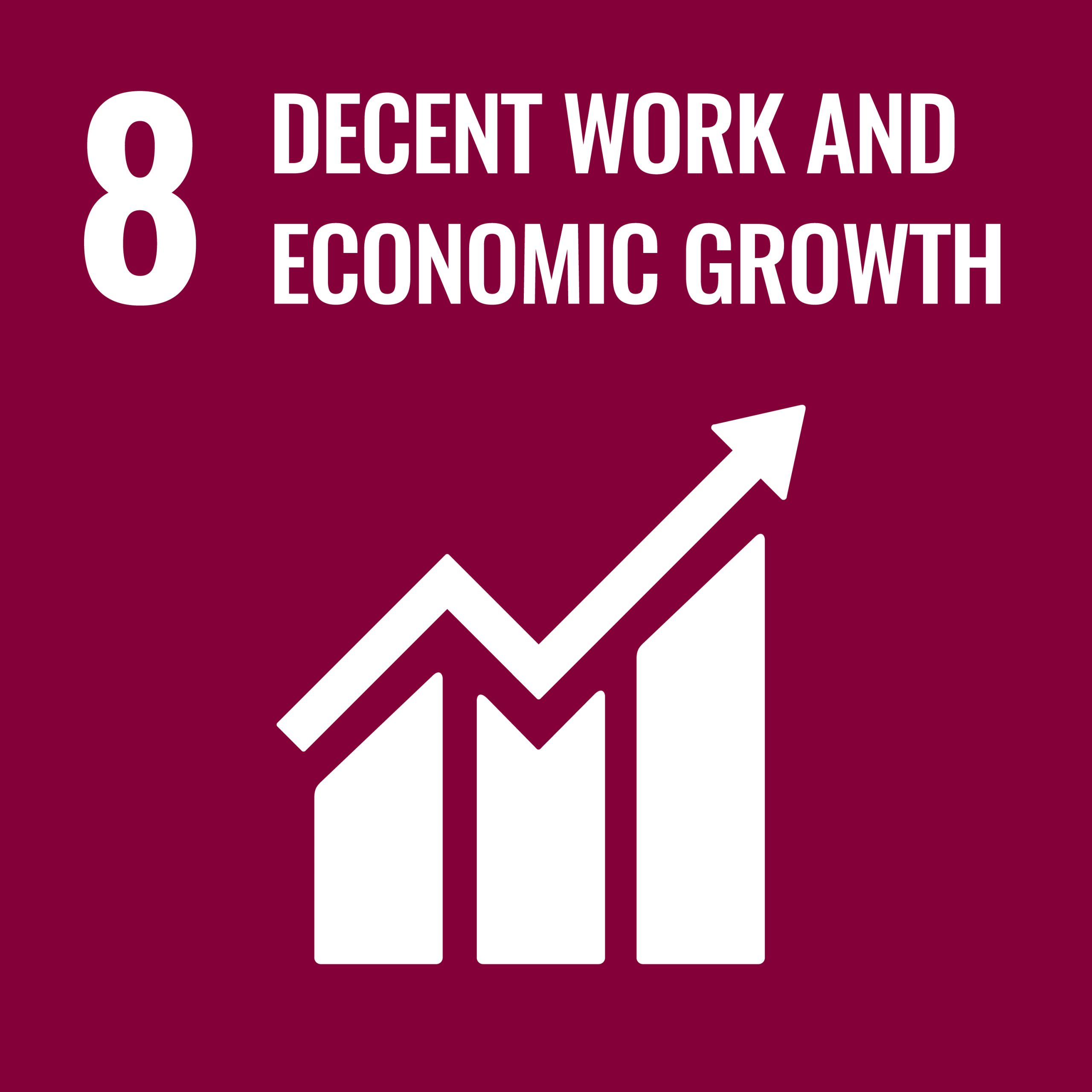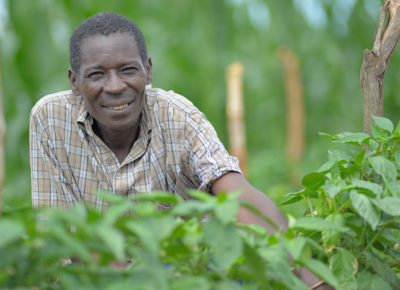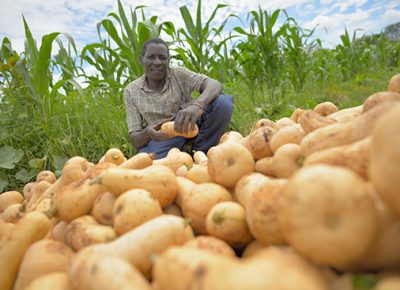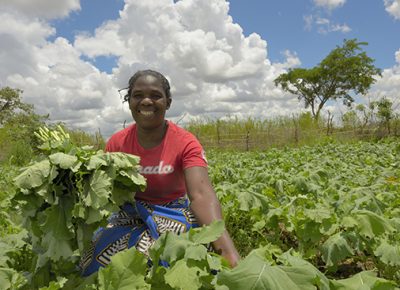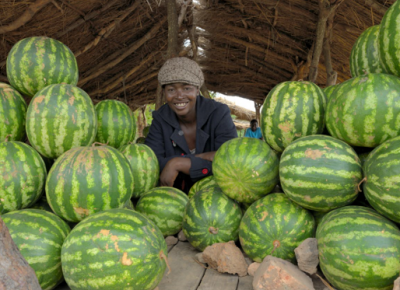News
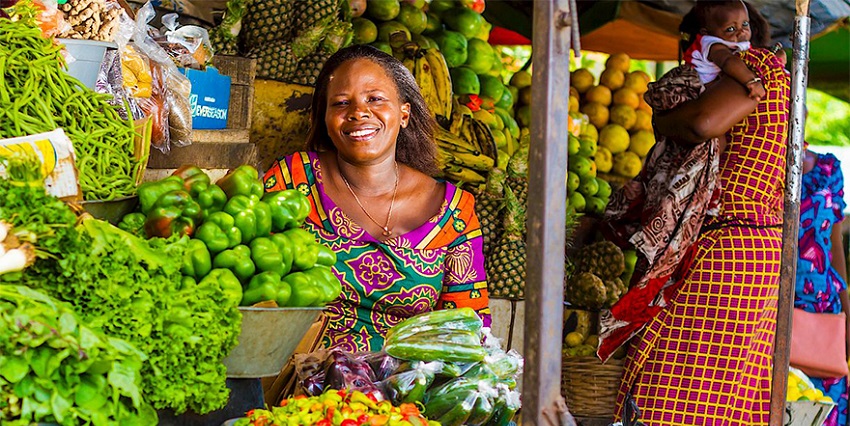
23/09/2019
The Foundation grants 7 new fundings in sub-Saharan Africa
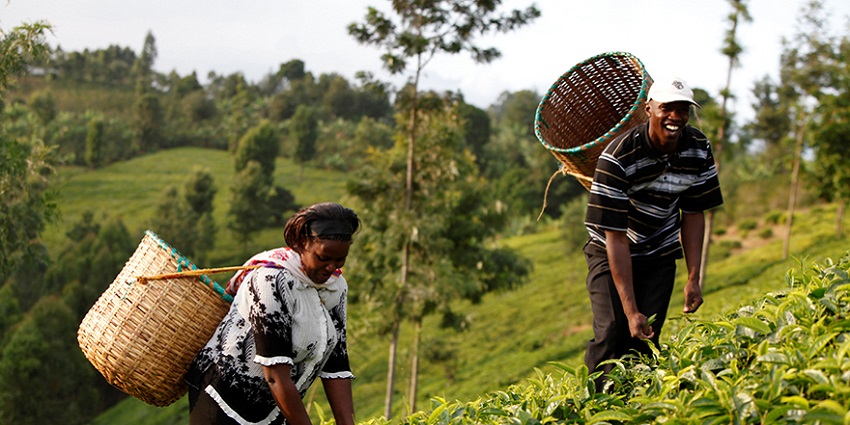
04/02/2019
In 2018, the Foundation invested €3.7 million in East Africa
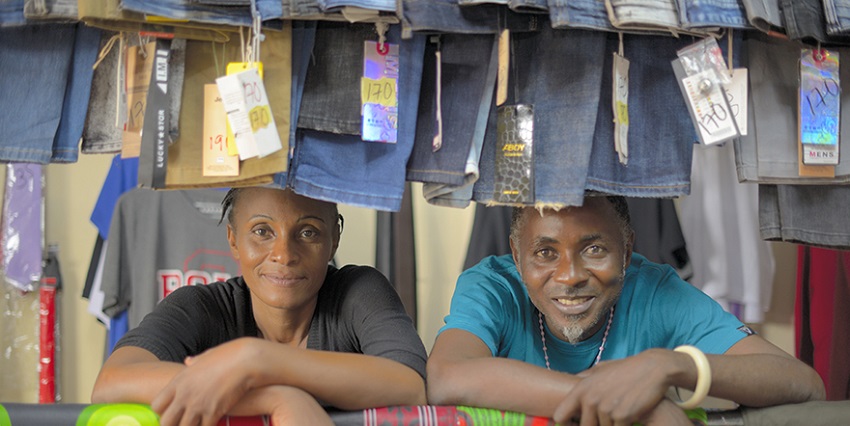
16/12/2019
[Interview] - «Technical assistance helps to structure and sustain our agricultural microcredits»
The Foundation grants 7 new fundings in sub-Saharan Africa

During the first half of the year, the Grameen Crédit Agricole Foundation has granted seven new fundings in sub-Saharan Africa to historic partners.
In Benin, the RENACA microfinance institution received a loan in local currency equivalent to € 762,000 over a three-year period. RENACA is a mutual microfinance institution whose mission is to significantly strengthen the economic base of rural populations. To date, the institution has 27,000 active borrowers, 80% of whom live in rural areas and 59.5% of whom are women.
In Kenya, the Foundation granted a new loan in local currency equivalent to € 2 million to the microfinance institution Musoni. Musoni Kenya is a microfinance institution that leverages Information Communication Technology (ICT) heavily to manage its operations efficiently and to scale rapidly. To date, the institution has 44,000 active borrowers, 66.3% of whom are women and 63.3% of whom live in rural areas.
In Uganda, ENCOT received a new loan in local currency equivalent to € 296,000 over a three-year period. This loan was made within the framework of the African Facility, a programme developed by the Grameen Crédit Agricole Foundation in partnership with the French Development Agency to support small microfinance institutions in sub-Saharan Africa. ENCOT is an indigenous rural community development microcredit and rural-enterprise development NGO whose goal is to provide financial and enterprise development services. To date, the institution has 6,200 active borrowers, 56% of whom are women and 88.4% live in rural areas.
Similarly, in the Democratic Republic of Congo, the Foundation granted a loan equivalent to € 540,000 within the framework of the African Facility, to the microfinance institution Paidek, an institution whose role is to finance the development of small commercial or livestock-raising activities. To date, Paidek has 15,500 active borrowers, 51% of whom are women and 31.2% of whom live in rural clients.
In Zambia, the Foundation also provided a new loan in local currency equivalkent to € 300,000 over a three-year period to Agora Microfinance Zambia (AMZ), within the framework of the African Facility. AMZ is a microfinance institution which targets specifically people with low incomes through suitable financial products. To date, it has 37,100 active borrowers, 58% of whom are women and 85% of whom live in rural areas.
Finally, in Senegal, the Foundation has made two new investments. A first investment was made with the microfinance institution CAURIE in the form of a loan, for an amouint in local currency equivalent to € 1.14 million over a four-year period. Caurie Microfinance’s mission is to contribute to the economic and social improvement of poor microentrepreneurs. The institution now has 72,200 active borrowers, 99% of whom are women. 55% of Caurie’s customers live in rural areas. The second investment made by the Foundation in this country was made in the form of an equity investment to Laiterie du Berger for an amount equivalent to € 99,700. La Laiterie du Berger, of whom the Foundation has been a shareholder since 2010, is a social company that collects milk from Fulani herders, in the North of the country, and transforms it into yogurts and other dairy products that are sold under the brand Dolima.
With these new investments, the Foundation raises the amount of its commitments in Sub-Saharan Africa to nearly € 41 million, that is 41% of the total amount of the Foundation’s commitments as of end of August 2019.
In 2018, the Foundation invested €3.7 million in East Africa

It has thus financed two partners in Kenya: BIMAS, with a loan of €500,000, and Vert Ltd with a loan of €440,000. BIMAS is a Micro-Enterprise Development Programme (MED-P) put in place in 1992 under the auspices of the Embu Plan. Its aim is to contribute to sustained growth for the economy and employment in the rural sector, which will lead to an improvement in social welfare and higher income for the rural population in Kenya. Bimas has more than 18,500 clients at this time, 66.5% of whom are women. For its part, VERT Ltd is a company specialized in the export of fresh fruit and vegetables. Created in 2000, the company has adapted its economic model over the years to cater better for the specific features of the European market and to adapt to the legislation in force. It has also implemented a more sustainable model by working directly with small local farmers organized in small groups. The Foundation has had a shareholding interest in Vert Ltd since 2016.
The Foundation has also financed the MicroLoan Foundation in Malawi for the first time with a loan of €256,000. This foundation is a UK-based charity that provides business training, loans and continuous support to women living in Malawi, Zambia and Zimbabwe. Its main objectives are to reduce poverty and to empower women. The institution has nearly 30,000 clients in Malawi today, all of whom are women.
In Uganda the Foundation granted a new loan of €700,000 to the Uganda Microcredit Foundation (UMF), a microfinance institution that provides loans and other microfinance services to economically active persons in Uganda. The institution has specialized in financial and non-financial commercial and personal products for companies and private individuals to facilitate their development. It boasts more than 4,000 clients, 54% of whom are women and 70% live in rural areas..
The Foundation has moreover financed two partners in Zambia: AMZ, with a loan of €600,000 over a period of four years, and FINCA Zambia, with a loan of €1.2 million over a period of three years. Agora Microfinance Zambia (AMZ) is a micro-finance institution geared particularly to people on low income, with appropriate financial products. The purpose of AMZ is to serve clients who have been previously excluded from the formal financial market, mainly because of their poverty or place of residence. It has more than 25,000 clients, 61% of whom are women and 39% live in rural areas. For its part, FINCA Zambia is a multiservice microfinance institution which today serves more than 9,000 clients with financial services, in particular loans, payments and money transfers. 57% of its clients are women.
[Interview] - «Technical assistance helps to structure and sustain our agricultural microcredits»

Interview with Susan Chibanga, Executive Director of AMZ, a zambian microfinance institution who provides microcredit, insurance and money transfer services to over 50,000 clients, mainly women (60%) and in rural areas (80%).
Through technical assistance provided within the framework of the African Facility scheme, AMZ was able to develop an Agriculture Loan Evaluation System to enhance its credit assessment of its agriculture loans to smallholder farmers. This is a new innovation in Zambia and in the region at large.
What are AMZ Zambia’s activities and objectives?
Susan Chibanga, CEO of AMZ Zambia: AMZ was established by the Agora Group eight years ago, and ever since we have been engaged in contributing to the economic well-being of the financially excluded and underserved rural populations. We aim to provide appropriate financial services: village group loans, agricultural loans, MSME loans, microinsurance and mobile money services. Agricultural loans and rural financing in general are expensive due to the need for service delivery at the doorstep of the customer. Our partners have contributed through the provision of technical assistance on several projects including digitalization of our processes and the development of the Agriculture Loan Evaluation System. (*)
How does technical assistance improve the agricultural microcredits granted by AMZ?
With this technical assistance, we have created a tool to help us assess creditworthiness of our agriculture product customers: The Agricultural Loan Evaluation System. This is a resource developed with help from the Frankfurt School of Business. The tool makes it possible to determine the tenor and payment frequency of the loan to be granted by simulating the repayment models depending on the type of crop being grown by small and medium-sized farmers. We conducted a pilot project on corn, soybeans, tomatoes, watermelon and peanuts during an agricultural season. We now wish to deploy it more widely.
Going forward we plan to extend this product in all branches of our operation and also develop a mobile application for the tool. It will be relevant to combine it with our customers’ credit ratings and more secure authentication systems: signature by stylus or even by facial recognition. Experience shows that the tool reduces risk exposure for both our institution and our beneficiary clients. Technical assistance will help us improve the efficiency of our lending.
What are AMZ’s growth prospects?
We are already established in 6 of the 10 provinces of Zambia and we want to extend our activities to the whole country. We also hope to become a deposit-taking institution medium term, as part of our product diversification and expansion strategy. Our positioning in the territories will remain decisive, with a portfolio of 10 to 15% of the dedicated agriculture loan over the long term. A vast majority of our clients, even those accessing other products, are small farmers.
_________________________________________________
(*) In order to develop rural and agricultural financing, AMZ Zambia works with national organizations (FSDZ, RUFEP) and international lenders (Grameen Crédit Agricole Foundation, Oikocredit, FMO, Triple Jump, Global Partnership Lendahand), some of which, such as the Foundation, are also coordinators of technical assistance missions from which it benefits.
